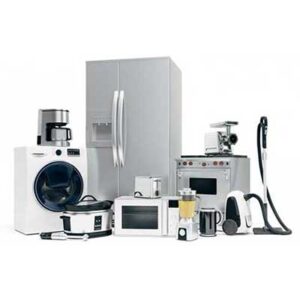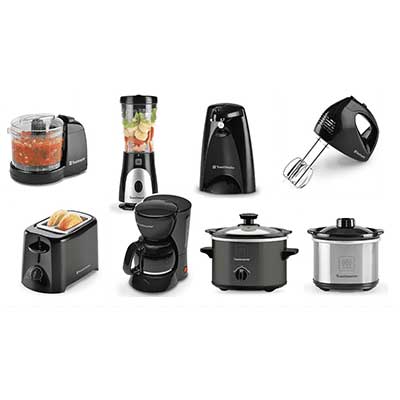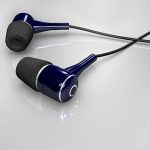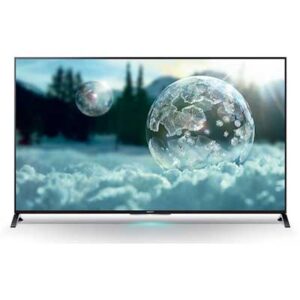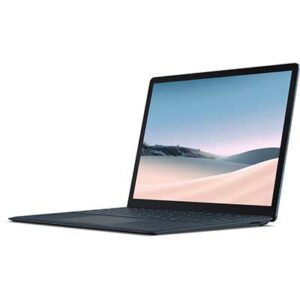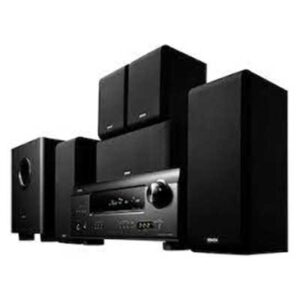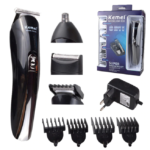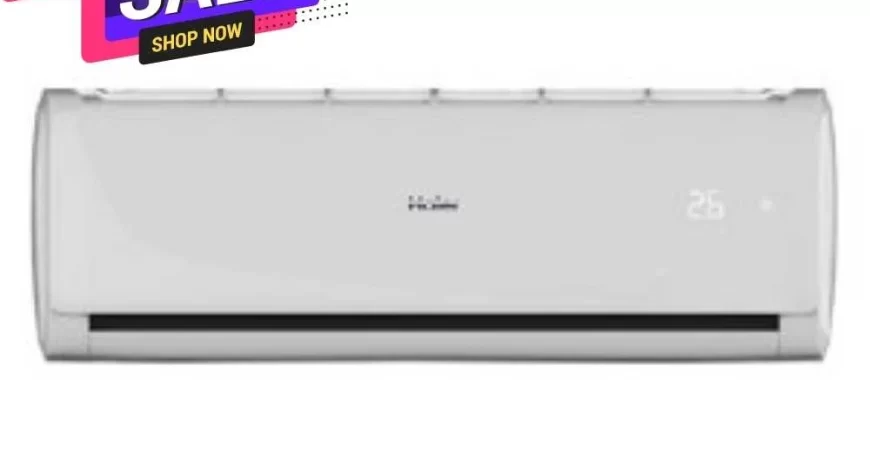5 Best Air Conditioners of 2023 Leave a comment
Air conditioners have become a vital part of our everyday life, giving comfort and respite during hot summer days. These incredible appliances not only chill the air but also dehumidify and cleanse it, producing a comfortable home atmosphere.
In this thorough tutorial, we will discuss the numerous kinds of air conditioners, their components, how they function, energy efficiency concerns, and maintenance suggestions.
Types of Air Conditioners
Window Air Conditioners
Compact devices that are put in a window or a hole in the wall.
Split Air Conditioners
Consists of an inside unit and an outdoor unit linked by refrigerant pipes.
Central Air Conditioning Systems
Designed for cooling large buildings and employing a network of ducts to transfer cool air.
Portable Air Conditioners
Freestanding machines that may be moved from room to room and need an exhaust pipe to expel hot air.
Components of an Air Conditioners
Compressor
Responsible for compressing and circulating refrigerant.
Evaporator Coil
Absorbs heat and humidity from the air, cooling it down.
Condenser Coil
Releases the absorbed heat outdoors.
Expansion Valve
Controls the flow of refrigerant and reduces its pressure.
Air Filters
Remove dust, allergies, and contaminants from the air.
How Air Conditioners Work
Cooling Cycle
The air conditioner’s refrigeration cycle comprises four key processes: compression, condensation, expansion, and evaporation.
Heat Transfer
The heat from the interior air is collected by the evaporator coil and discharged outside by the condenser coil.
Humidity Control
Air conditioners remove excess moisture from the air, decreasing humidity levels for better comfort.
Air Circulation
The cooled air is circulated back into the room via vents or ducts.
Energy Efficiency Considerations
SEER Rating
Seasonal Energy Efficiency Ratio reflects an AC energy efficiency. Higher SEER ratings suggest more efficiency.
Energy Star Certification
Look for the Energy Star label, which assures the appliances fulfils strict energy-saving criteria.
Programmable Thermostats
Opt for thermostats that enable you to plan temperature settings, optimizing energy use.
Air Conditioners Maintenance Tips
Regular Cleaning
Clean or replace air filters every few months to guarantee optimum airflow and performance.
Coil Cleaning
Regularly clean the condenser and evaporator coils to eliminate dirt and debris that might impair efficiency.
Adequate Ventilation
Ensure that the outside unit has adequate airflow and is free from impediments.
Professional Servicing
Schedule yearly maintenance inspections by HVAC specialists to resolve any concerns and assure top performance.
Environmental Impact
Refrigerants
Traditional air conditioners utilise refrigerants such as hydrochlorofluorocarbons (HCFCs) and hydrofluorocarbons (HFCs), which contribute to global warming. Consider choosing for air conditioners that utilise more eco-friendly refrigerants like hydrofluoroolefins (HFOs) or natural refrigerants like carbon dioxide (CO2) or ammonia (NH3).
Energy Consumption
Air conditioners use a substantial amount of power, adding to greenhouse gas emissions. Choosing energy-efficient models and utilising them carefully may help lessen the environmental effect.
Smart Thermostats
These devices enable you to operate and monitor your air conditioner remotely using smartphone applications, offering energy-saving features like scheduling and occupancy detection.
Integration With Home Automation Systems
Air conditioners may be incorporated with smart home systems, offering smooth control and energy management alongside other connected equipment.
Air Conditioners And Health
Indoor Air Quality
Air conditioners play a critical role in enhancing indoor air quality by filtering out dust, allergens, and contaminants. This is especially good for persons with respiratory issues or allergies.
Maintenance For Health
Regular maintenance, including filter cleaning and coil cleaning, helps avoid the formation of mould, bacteria, and other impurities that might damage indoor air quality.

Tips for Efficient Cooling
Optimal Setting Settings
Set your AC to a pleasant setting, generally between 72-78°F (22-26°C), to balance comfort and energy efficiency.
Proper Insulation
Ensure your house is well-insulated to limit heat absorption and loss, enabling your air conditioner to perform more effectively.
Use Fans
Utilize ceiling fans or portable fans to enhance the cooling impact of your air conditioner, enabling you to adjust the thermostat setting and conserve electricity.
Shade & Curtains
Use shades or curtains to block off direct sunlight, lessening the heat load on your air conditioner.
Conclusion
Air conditioners have revolutionised the way we feel comfort in our homes, workplaces, and public areas. As we grow more concerned of energy use and environmental effect, it is crucial to pick energy-efficient models, prioritize adequate maintenance, and investigate novel technology like smart thermostats.
By doing so, we may enjoy the advantages of cooling while limiting our ecological imprint and preserving a healthy interior atmosphere for everybody. So, embrace the developments in air conditioning technology and make educated decisions to keep cool, comfortable, and ecologically responsible.

